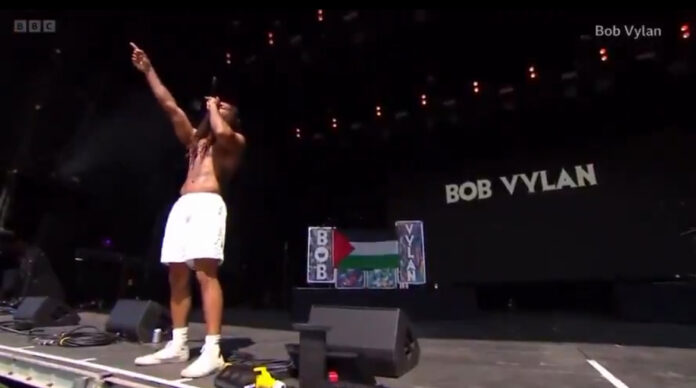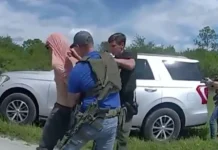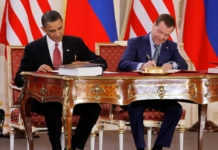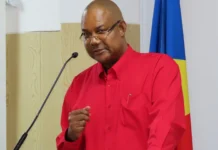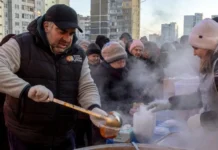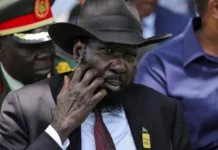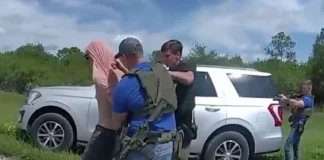British police have launched a review into potentially criminal conduct at this year’s Glastonbury Festival after rapper Bobby Vylan led chants of “Death to the IDF” during a performance, sparking widespread backlash and calls for accountability.
Avon and Somerset Police confirmed they are assessing video footage from the festival “to determine whether any offences may have been committed that would require a criminal investigation.” The review comes amid growing outrage over what critics say was a clear incitement to violence.
The incident occurred on Saturday when Bobby Vylan, half of the rap-punk duo Bob Vylan, led chants of “Free, free Palestine” and “Death, death to the IDF [Israeli Defense Forces]” — a moment that drew cheers from some festivalgoers but condemnation from political leaders and organisers alike.
Health Secretary Wes Streeting described the moment as “appalling,” while Glastonbury organisers issued a strongly worded statement distancing themselves from the act:
“We are urgently reminding everyone involved in the production of the Festival that there is no place at Glastonbury for antisemitism, hate speech or incitement to violence,” they posted on Instagram.
The controversy has reignited a long-standing tension at Glastonbury between radical political expression and the constraints of mainstream platforms. The festival, known for embracing progressive causes since the 1980s, now finds itself under unprecedented scrutiny due to its partnerships with major British broadcasters like the BBC and The Guardian.
Media scholar Professor George McKay, author of Radical Music and Glastonbury, says the festival is at a crossroads:
“This could either signal a new wave of radical politics in popular music or mark the moment when artists and events like this are forced to retreat under legal and commercial pressure,” he told Al Jazeera.
The case also comes amid a broader debate in the UK about how far artists can go in expressing political dissent — especially around the highly charged topic of Israel and Palestine — without crossing into speech that incites violence or promotes hate.
As police continue their inquiry, questions linger about the limits of protest on public stages and whether Glastonbury’s political edge can survive in an increasingly policed cultural landscape.









